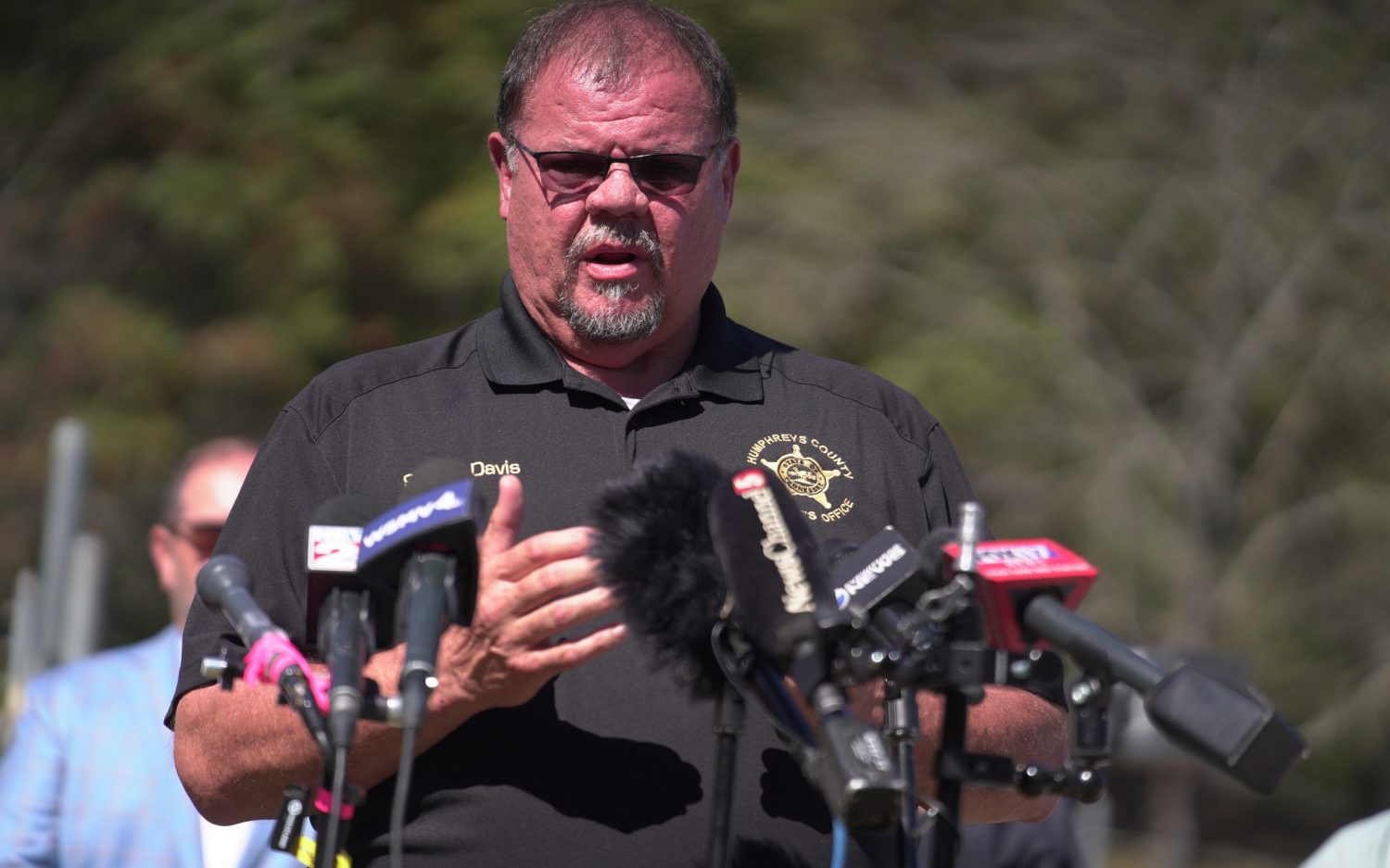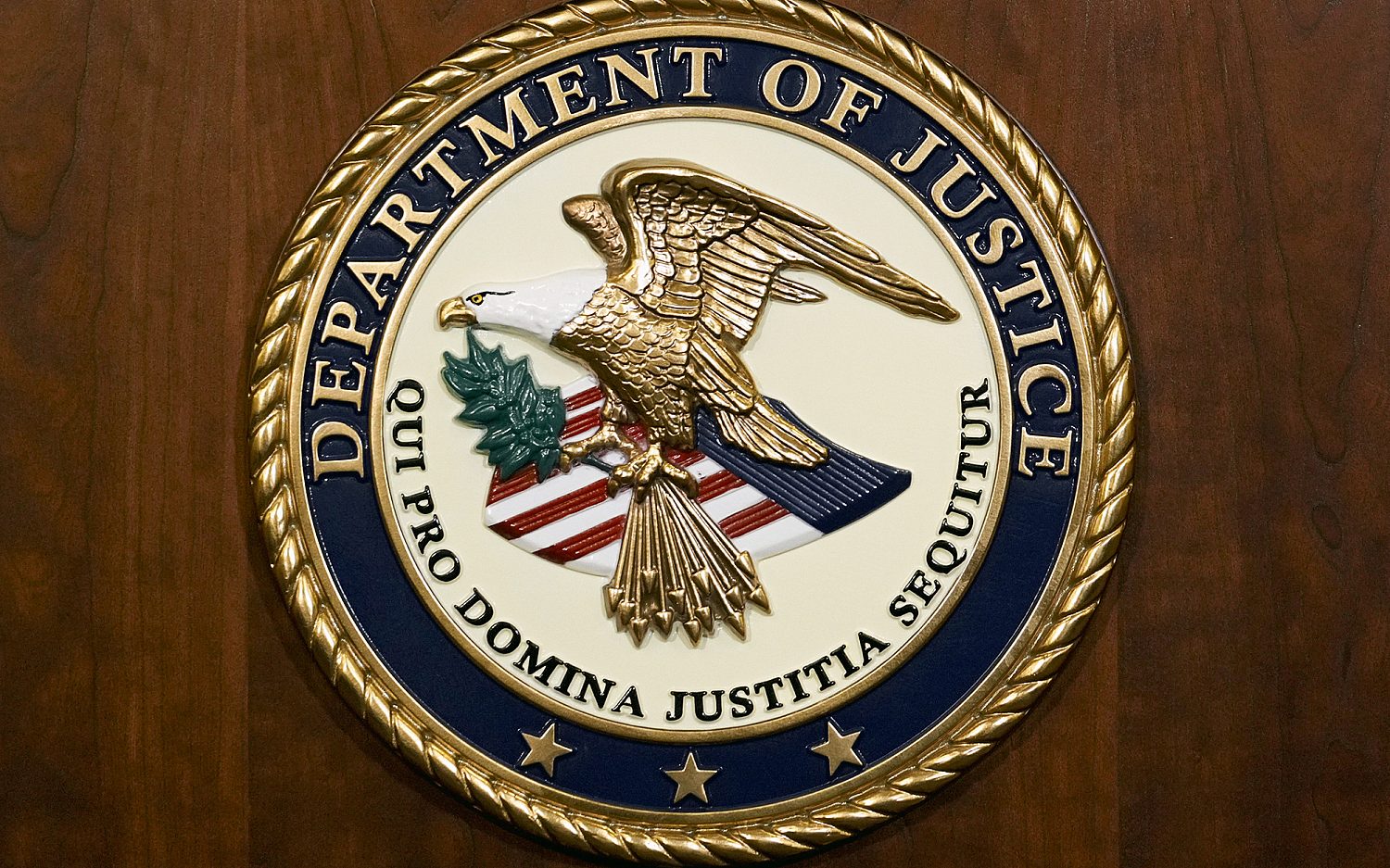Chinese Christian lawyer recants pro-government confession
Zhang Kai asked fellow believers to forgive him for ‘weakness’ in the face of severe government oppression
UPDATE (9/2/16, 11:20 a.m.): Chinese authorities re-arrested lawyer Zhang Kai after he posted a social media note retracting his criticisms of fellow human rights activists, Radio Free Asia reported. His lawyer, Tan Chenshou, said officials later released Zhang on bail on condition that he not speak to the media. Tan believes it is “very likely” Zhang will be prosecuted.
OUR EARLIER REPORT: Christian lawyer Zhang Kai revealed in a social media post Aug. 30 that he made confessions under duress during his six-month detention last year and after his release on bail. Government censors quickly wiped away the post, but not before others had taken screenshots of it.
Zhang, who was arrested for opposing the Chinese government’s campaign to tear down crosses from Wenzhou churches, was released on bail in March and has mainly kept quiet since then, occasionally posting pictures and non-sensitive posts on WeChat, a Chinese social media platform. He was one of the more than 250 people detained last summer in a nationwide crackdown on human rights lawyers.
In early August, the Hong Kong-based TV station Phoenix aired an exclusive interview with Zhang, the first since his release. The interview took place in Tianjin, where he attended the trial of fellow lawyer Zhou Shifeng, founder of Beijing’s Fengrui law firm. The court sentenced Zhou to seven years in prison for subversion.
In the edited interview, Zhang is seen saying that Zhou’s trial was fair and lawful and that the lawyers “went too far” and “acted very inappropriately.” He continued: “An individual’s belief and political advocacy should remain consistent to the background of our era and historical circumstances,” according to a translation by the South China Morning Post. The reporter then went on to say that since his release, Zhang has been reading, raising fish, and learning English. If he wishes to return to law, the reporter added, he would approach it differently.
But in his WeChat and Weibo posts, Zhang revealed fear of the government coerced him to do the Phoenix interview and that he wished to retract his statement. He went on to explain how his six months of captivity terrified his elderly parents. Even after his release, he still couldn’t shake the “terror and harm to my spirit,” and he continues to face enormous pressure from the authorities. He then asked God, as well as the families of the other arrested lawyers, to forgive him for actions that resulted from his “weakness of spirit and fear.”
He ended the letter by asking his Christian brothers and sisters to pray for him.
The post answers questions raised after the government aired Zhang’s televised “confession” in February, while he was still in captivity. In it, the interviewer paints Zhang as an opportunist charging churches large sums of money and colluding with “overseas forces” such as China Aid’s Bob Fu and Purdue University professor Fenggang Yang. A haggard Zhang tells the interviewer that China Aid works to smear the Chinese government and its human-rights record. He later calls out other human rights lawyers, telling them to stop “activities that break the law or harm national security and interests.”
Wenzhou police rushed to Zhang’s home after he posted the note and shut down his social media accounts, according to Yang. The lawyer believes more severe punishment is coming his way after the G-20 Summit in Hangzhou next week but said he feels prepared as his conscience is finally at peace. Yang also noted Zhang’s mother got sick after he returned from Tianjin, and Zhang felt she was upset with his Phoenix interview. But right after Zhang posted his note apologizing to the families of other lawyers, his mother quickly reposted it and commended her “wonderful” son for his actions.
Hong Kong TV stations like Phoenix, recently have aired several of the mainland’s televised confessions, a blow to Hong Kong’s supposed press freedom. In February, five detained Hong Kong booksellers appeared on Phoenix to confess to selling banned books in China and announce they had not been kidnapped by Chinese officials. In August, Phoenix also aired an interview with Fengrui lawyer Wang Yu, who was arrested in the same crackdown. Authorities released Wang after a one-year detention. In her interview, she claimed she was a pawn used by foreign forces.
An actual newsletter worth subscribing to instead of just a collection of links. —Adam
Sign up to receive The Sift email newsletter each weekday morning for the latest headlines from WORLD’s breaking news team.





Please wait while we load the latest comments...
Comments
Please register, subscribe, or log in to comment on this article.